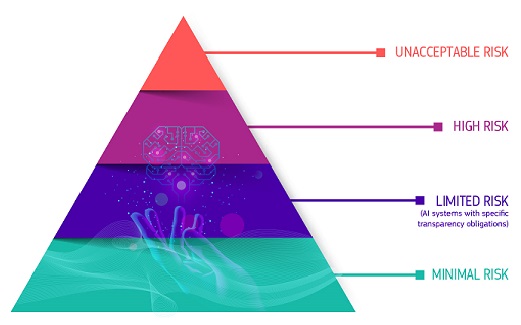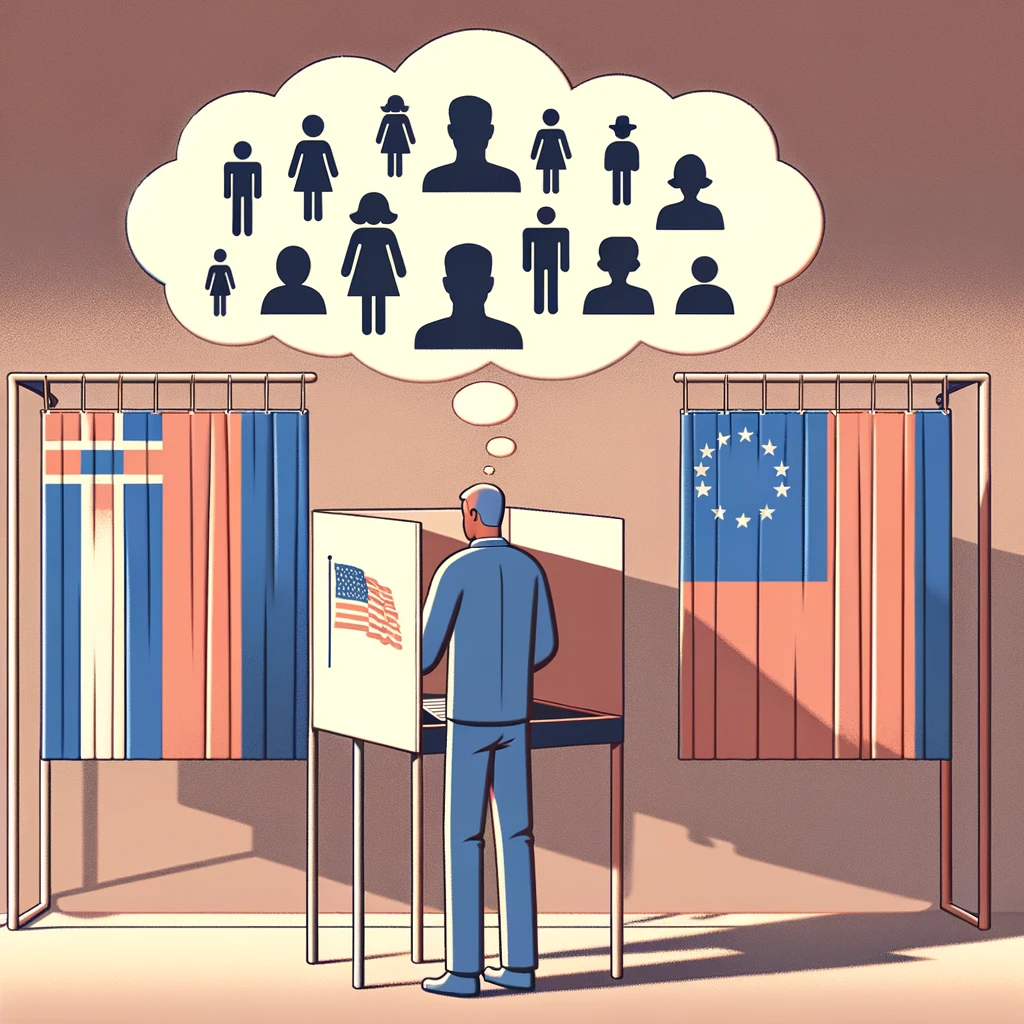Between 6 and 9 June 2024, millions of Europeans will vote to renew the European Parliament. The European elections are a crucial moment that will determine the future direction of the European Union, as the decisions taken at the European level affect all Europeans.
Free and fair elections are at the heart of every democratic system. Everyone has the right and the duty to participate and make their choice independently. However, growing disinformation, misinformation and the spread of AI deep fakes undermine public trust in the legitimacy and efficacy of democratic institutions, influencing voters’ behaviour and the quality of democracy.
The EU defines disinformation as deliberately spreading false or misleading information to deceive or manipulate, whereas misinformation refers to the unintentional dissemination or propagation of inaccurate or misleading information, often due to a lack of awareness or understanding. In addition, deep-fake technology is increasingly concerning, as it manipulates real voices and videos, and people cannot tell whether the consent is real or fake.
Disinformation and misinformation find their way into the public sphere mainly through the internet, particularly social media platforms. The disinformation campaigns are becoming increasingly dangerous as they use more targeted strategies to customise content for smaller groups, contributing to the polarisation of the debates. Disinformation interferes with citizens’ ability to make informed decisions and puts their health, security, and environment at risk.
How can citizens protect themselves from misleading information? By developing media literacy skills. First, consuming content with a critical eye: learn about and identify the techniques used by disinformation campaigns, and pay attention to content triggering strong feelings or stimulating polarisation. Secondly, checking thoroughly: control the content, the outlet, the author, the sources and even the pictures. Then, before sharing on social media, consult fact-checking websites and tools. Even when the content seems reliable, it may be created just for the sake of clickbait rather than for informative purposes.
As the elections approach, the quantity of disinformation and misinformation will increase. It is an individual’s responsibility to be well-informed. The political authorities also must protect citizens and guarantee access to reliable and authoritative information, which is why voting consciously matters.
Between 6 and 9 June 2024, millions of Europeans will vote to renew the European Parliament. The European elections are a crucial moment that will determine the future direction of the European Union, as the decisions taken at the European level affect all Europeans.
Free and fair elections are at the heart of every democratic system. Everyone has the right and the duty to participate and make their choice independently. However, growing disinformation, misinformation and the spread of AI deep fakes undermine public trust in the legitimacy and efficacy of democratic institutions, influencing voters’ behaviour and the quality of democracy.
The EU defines disinformation as deliberately spreading false or misleading information to deceive or manipulate, whereas misinformation refers to the unintentional dissemination or propagation of inaccurate or misleading information, often due to a lack of awareness or understanding. In addition, deep-fake technology is increasingly concerning, as it manipulates real voices and videos, and people cannot tell whether the consent is real or fake.
Disinformation and misinformation find their way into the public sphere mainly through the internet, particularly social media platforms. The disinformation campaigns are becoming increasingly dangerous as they use more targeted strategies to customise content for smaller groups, contributing to the polarisation of the debates. Disinformation interferes with citizens’ ability to make informed decisions and puts their health, security, and environment at risk.
How can citizens protect themselves from misleading information? By developing media literacy skills. First, consuming content with a critical eye: learn about and identify the techniques used by disinformation campaigns, and pay attention to content triggering strong feelings or stimulating polarisation. Secondly, checking thoroughly: control the content, the outlet, the author, the sources and even the pictures. Then, before sharing on social media, consult fact-checking websites and tools. Even when the content seems reliable, it may be created just for the sake of clickbait rather than for informative purposes.
As the elections approach, the quantity of disinformation and misinformation will increase. It is an individual’s responsibility to be well-informed. The political authorities also must protect citizens and guarantee access to reliable and authoritative information, which is why voting consciously matters.
Between 6 and 9 June 2024, millions of Europeans will vote to renew the European Parliament. The European elections are a crucial moment that will determine the future direction of the European Union, as the decisions taken at the European level affect all Europeans.
Free and fair elections are at the heart of every democratic system. Everyone has the right and the duty to participate and make their choice independently. However, growing disinformation, misinformation and the spread of AI deep fakes undermine public trust in the legitimacy and efficacy of democratic institutions, influencing voters’ behaviour and the quality of democracy.
The EU defines disinformation as deliberately spreading false or misleading information to deceive or manipulate, whereas misinformation refers to the unintentional dissemination or propagation of inaccurate or misleading information, often due to a lack of awareness or understanding. In addition, deep-fake technology is increasingly concerning, as it manipulates real voices and videos, and people cannot tell whether the consent is real or fake.
Disinformation and misinformation find their way into the public sphere mainly through the internet, particularly social media platforms. The disinformation campaigns are becoming increasingly dangerous as they use more targeted strategies to customise content for smaller groups, contributing to the polarisation of the debates. Disinformation interferes with citizens’ ability to make informed decisions and puts their health, security, and environment at risk.
How can citizens protect themselves from misleading information? By developing media literacy skills. First, consuming content with a critical eye: learn about and identify the techniques used by disinformation campaigns, and pay attention to content triggering strong feelings or stimulating polarisation. Secondly, checking thoroughly: control the content, the outlet, the author, the sources and even the pictures. Then, before sharing on social media, consult fact-checking websites and tools. Even when the content seems reliable, it may be created just for the sake of clickbait rather than for informative purposes.
As the elections approach, the quantity of disinformation and misinformation will increase. It is an individual’s responsibility to be well-informed. The political authorities also must protect citizens and guarantee access to reliable and authoritative information, which is why voting consciously matters.






















































































































































